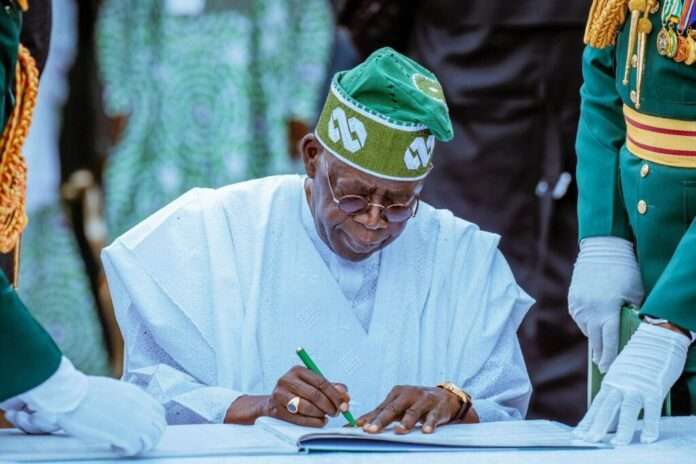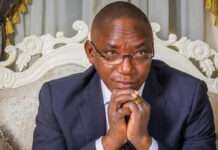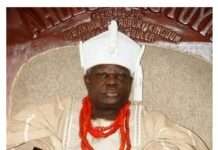In a shocking twist ahead of Nigeria’s 65th Independence anniversary, President Bola Tinubu’s administration has abruptly cancelled the much-anticipated Independence Day parade. While officials confirmed that other anniversary activities will still hold, the government has offered no clear explanation for scrapping the iconic October 1 spectacle. The silence has left many Nigerians fuming, fueling speculations about hidden security threats, economic constraints, and political calculations behind the decision.
Security Concerns Cast a Shadow
The announcement comes at a time of heightened national anxiety. The Nigeria Security and Civil Defence Corps (NSCDC) has already deployed 4,500 personnel across Abuja to safeguard citizens, property, and critical national infrastructure.
Many Nigerians recall the 2010 Abuja Independence Day bombings, which left several dead and dozens injured, as a grim reminder of how vulnerable national parades can be. Analysts believe the government may have quietly opted for caution, prioritizing security over spectacle.
Economic Hardship and Cost-Cutting
Beyond security, some observers point to the harsh economic realities facing Nigeria. Organizing Independence parades costs billions of naira in logistics, protocol, and military displays.
With citizens battling rising inflation, subsidy removal pains, and job losses, critics argue that spending heavily on parades could worsen the government’s image. By cancelling, the administration may be attempting to avoid backlash over “wasteful” spending.
Political Optics and Public Reactions
The cancellation has also sparked suspicions of political maneuvering. Commentators suggest the government may fear low turnout, possible protests, or embarrassment at a time of growing public discontent.
Across social media, Nigerians have reacted with frustration, accusing the government of being “secretive” and “disconnected” from the people. One critic asked pointedly: “This is a national event, not a private party. Why cancel without telling Nigerians the truth?”
What This Means for Nigeria
The Independence Day celebration is more than just a parade; it is a symbol of unity, resilience, and national pride. By cancelling without explanation, the government risks deepening mistrust at a time when Nigerians are demanding transparency and accountability.
While October 1 will still be marked by other activities, the absence of the parade leaves a void in the nation’s memory — especially for younger generations who see it as a proud tradition.
For many, the big question remains: What is the government not telling Nigerians about October 1










